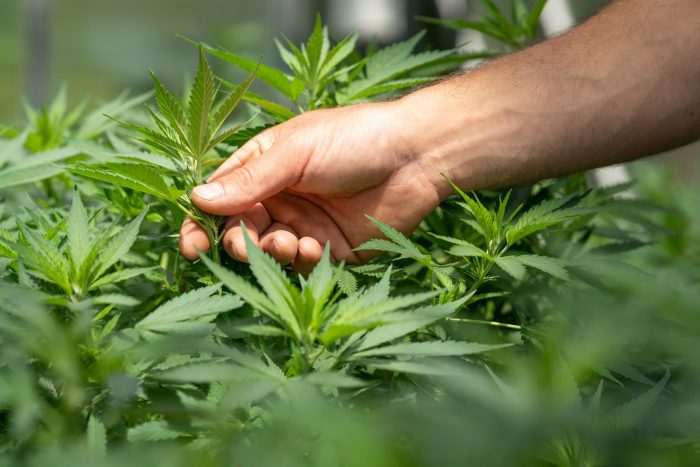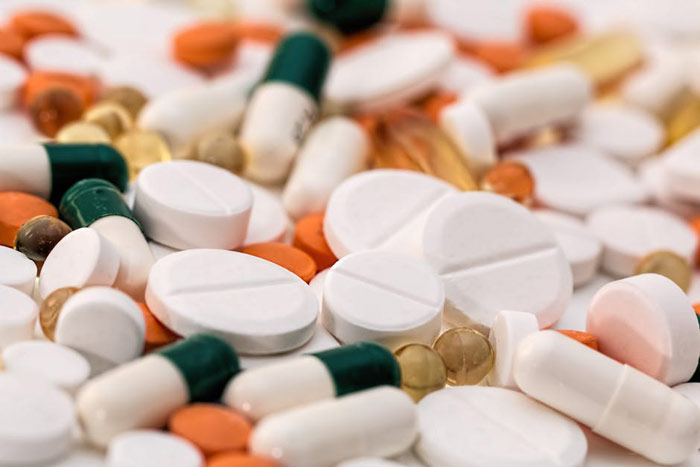CBD is a cannabinoid from marijuana and hemp plants that can be used for many purposes. Preliminary studies have indicated that CBD may help improve sleep, relieve pain, and lower anxiety levels. There are many possible uses for CBD, but just as many myths that may discourage users from trying them. Here’s the truth about CBD.

1. Myth: CBD Can Get You High
It’s important to distinguish CBD from THC. Both are components of marijuana. However, only THC is responsible for the psychoactive effects that make users feel high. There are products that contain both CBD and THC, so it’s important to know what you’re getting if you’re purchasing CBD oil, gummies, or other products. However, if there is no THC, the product will not get you high.
2. Myth: CBD Is an Addictive Substance
There’s a common misconception that CBD releases dopamine similar to opiates, nicotine, cocaine, and amphetamines and is therefore addictive. Dopamine is a powerful feel-good chemical that can leave people coming back for more. However, CBD doesn’t impact your dopamine levels. Instead, it releases your body’s own chemical anandamide. This also makes you feel good, but it creates more of a natural high, similar to what you feel during exercise. A study by the World Health Organization (WHO) concluded that CBD has no effects indicative of abuse or dependence potential.
3. Myth: All CBD Products Are Similar
CBD products are not created equal. As mentioned previously, some contain THC while others do not. CBD products that come from the marijuana plant are more likely to have THC. THC levels are much lower in hemp plants. CBD also comes in different concentrations and forms. You might use a CBD salve topically for arthritis pain, but take CBD gummies for sleep. There are many options to explore.
4. Myth: CBD Doesn’t Interact With Other Medications

It’s important to understand that CBD does, in fact, interact with some medications. It impacts the way that your liver breaks down enzymes, which means that it can affect the way your body processes other drugs. This could cause these medications to work improperly or have more severe side effects. Research from Penn State College of Medicine identified 139 medications that may be affected by cannabinoids. Speak with your doctor about using CBD if you’re taking other drugs.
5. Myth: There’s No Research Into CBD
While research is still in the preliminary stages of many potential uses for CBD, it’s untrue to say that CBD hasn’t yet been researched at all. The WHO has concluded that CBD has been shown to be an effective treatment for epilepsy. Numerous other studies have shown the potential for CBD as a treatment for migraines, cancer, Alzheimer’s, Parkinson’s, pain, anxiety, depression, and many other conditions. While research is ongoing, what we’ve seen so far is very encouraging.
In most cases, CBD is safe to use. However, it can have some side effects, such as sleepiness, irritability, or diarrhea. It’s always best to start with a low dose and gradually increase your CBD intake as needed. Carefully read the label of any CBD product you choose so you understand exactly what you’re getting and can use it properly.











